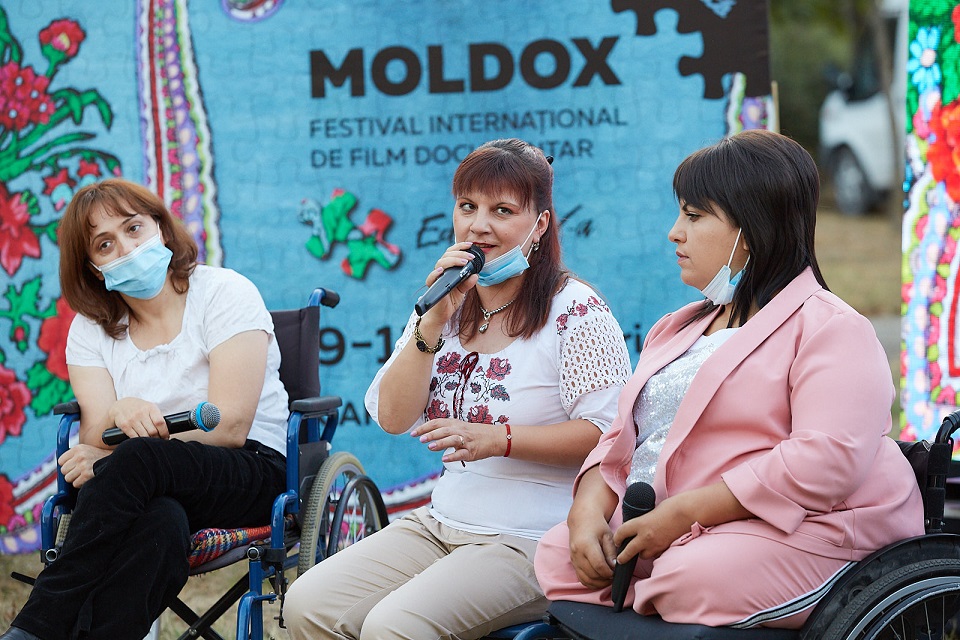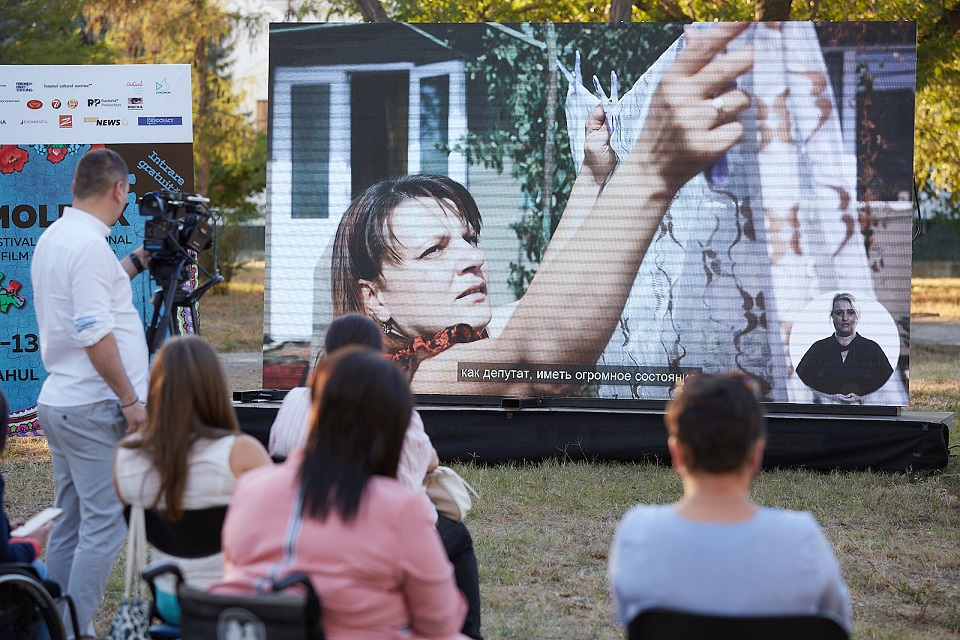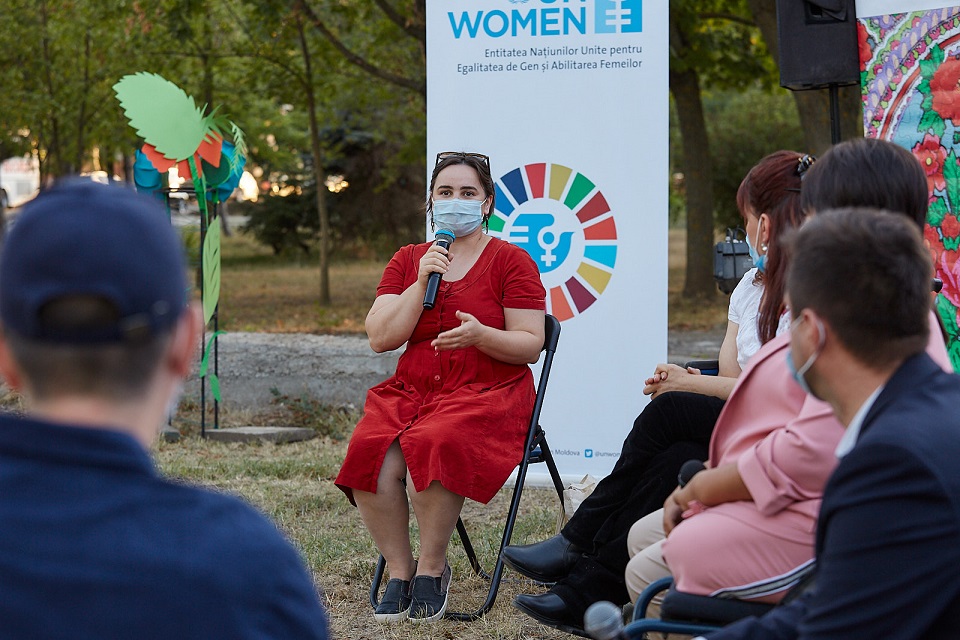Three women with disabilities who made difference in local elections
Over the last years, several special temporary measures were taken, and several initiatives were undertaken to support women’s participation in politics, as they still face a number of stereotypes that prevent them from running for a political office. The share of women candidates increased thus by 5% only over the last three electoral cycles. The participation of women from under-represented groups in decision-making is even lower, as they are confronted by double discrimination. Therefore, only 16 Roma women and 8 women with disabilities ran in the 2019 local elections that took place in autumn, of which 6 Roman women and 6 women with disabilities were elected as local councillors.Date:

In order to share the stories of women with disabilities who run in local elections, about the barriers they faced, as well as about their achievements, and to break down stereotypes regarding the political participation of women from under-represented groups, UN Women Moldova in partnership with "Niste Filme" Production House, and with financial support from Sweden – produced 3 documentaries that tell the story of 3 women candidates with disabilities who ran for the position of local councilor.

“These stories are part of the programs supporting women in leadership that UN Women Moldova has been implementing for years. We support women with disabilities, in particular, to run in local elections, to become decision-makers and leaders because we do not see disability, we see ability. We need people with disabilities to be integrated in local decision-making because we must consider different perspectives when developing and implementing policies” – said Dominika Stojanoska, UN Women Moldova Country Representative.
The documentaries were screened at the Moldox International Documentary Film Festival in Cahul. The screening was followed by a public discussion on “Women in Action – Women’s Involvement in Local Politics” in which the protagonists, the film director and the Chair of the Central Electoral Commission took part.
“We found it very exciting and interesting to see what motivates these women to move forward. We were keen to see what was going on beyond the final result – how do women make it to a particular managerial position, what are the steps they take, what does this effort mean to them, and if that’s not the case – then what keeps these women from attaining a particular position or why the final result is that small?”– shared Raisa Razmerita, the director of the documentaries.

“One can overcome disappointments and move forward. We need to think not only about helping ourselves, but about helping people around us too. We need to be a role-model not only for our families, but for the society we live in too. We need to advocate kindness, tolerance and goodwill. And I believe we will succeed.” – Adela Postolachi said. After 8 years in which the local council consisted of men only, the 2019 local elections made room in the Local Council of Terebna village, Edinet District, for two women. Adela Postolachi is one of them, being also the first person with disabilities in such position. She continues working as a doctor in Terebna village, in parallel with her councilor job.
Lilia Puzderi-Cainareanu is the first person with disabilities elected in the Local Council of Borogani locality, Leova District. “My team convinced me that disability is not an obstacle to a political career. I have embarked on this journey in 2017. I went to trainings and I met many people who encouraged me to move forward and who had faith in me. I want to try again, to take another step and maybe go even farther than this” – Lilia said.
Mariana Tihu didn’t make it to the Local Council of Ceadir-Lunga, but she continues to be a local activist and to participate in monitoring the level of accessibility of the infrastructure in town. “What I have been through during the local elections represented a very valuable experience. We must appreciate any experience, regardless of the outcome. That is why I keep moving forward and I accept everything with gratitude.” – mentioned Mariana.
In his turn, Dorin Cimil, the Chair of the Central Electoral Commission, said: “I follow closely these quite strong civic personalities, not only as Chair of CEC, but also out of personal interest. Since I have taken this office, this project has become the closest one to my heart. It is the most comprehensive and emotional one because here are these strong personalities that, with optimism and confidence, shared with us some bits of their lives and careers”.
These three women participated actively in civic and electoral training programs, dedicated to women with disabilities in the Republic of Moldova, implemented with the support of UN Women Moldova, and funded by Sweden.